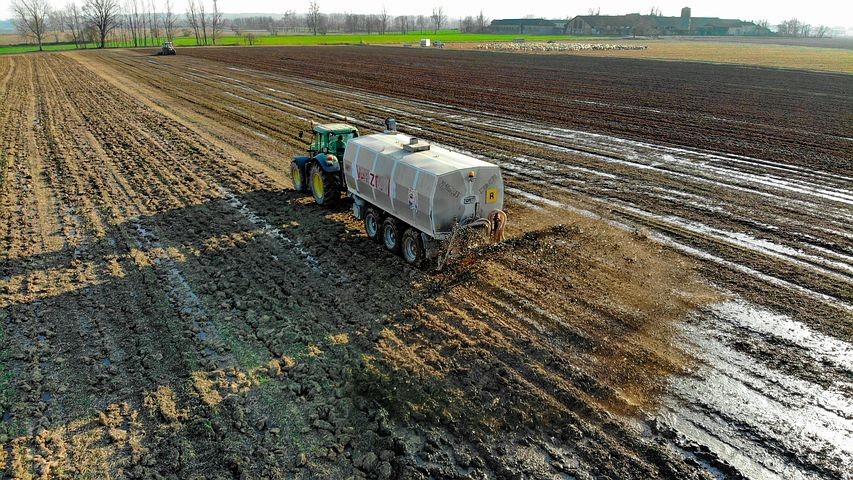Monolith Materials, a startup company, is now building a plant that will convert natural gas into hydrogen and ammonia fertilizer in an environmentally sustainable manner.
The Need for Ammonia
Farming worldwide needs ammonia for the production of fertilizers, which are an essential aspect of growing crops. These crops, and the fertilizers that sustain them, provide the food that sustains billions of consumers worldwide.
Unfortunately, ammonia is a significant cause of the worsening climate. Almost one percent of the total emissions of greenhouse gases in the world is due to fertilizer production.

READ: Agriculture Now the Largest Source of Sulfur to the Environment
Producing Carbon Black as an Alternative
The startup company, Monolith Materials, has a possible solution to this problem. It uses a process that can break down natural gas to generate carbon black that can be used to manufacture various materials such as rubber.
The process also produces hydrogen, which is also useful for many purposes, including combining it with nitrogen to create ammonia.
Building a Plant for Ammonia and Carbon Black
Monolith is now about to constructing a plant intended to produce approximately 275,000 tons of ammonia each year and 180,000 tons of carbon black. This plant will be built in Hallam in Nebraska and the company's first carbon black production plant, which has just opened. It will start construction next year.
The plant will use 100% renewable sources in its operation. Monolith Materials CEO and co-founder Rob Hanson say that their plant does not have any direct emissions. In 2012, he founded his company with Phillip Johnson, and their goal was to look for a financially viable and environmentally sustainable business.
READ ALSO: 30,000 Tons of Sewage Sludge from the Netherlands to Enter UK
Methane Pyrolysis
They found out about methane pyrolysis, a process involving heating natural gas without exposing it to oxygen. Molecules are separated by heating, which produces carbon and hydrogen.
Hydrogen is sold for various purposes, and the carbon can be utilized for making carbon black sustainably. According to Hanson, it is cost-competitive, with the sale from the hydrogen being only a bonus.
An Innovative and Profitable Approach
According to Hanson, this method allowed Monolith Materials to garner approximately 274 million dollars from Azimuth Capital Management, Warburg Pincus, and Cornell Capital LLC.
Hanson says that this capital allowed them to develop the technology and plan and construct their first Nebraska plant. They were also able to proceed to the engineering and design phase of building an even larger plant facility and enable them to go into ammonia manufacturing.
According to Warburg Pincus managing director John Rowan, Warburg Pincus became interested in funding Monolith Materials due to its economic model. Monolith was also an attractive prospect because of its commitment to manufacturing essential chemicals using environmentally sound methods.
Rowan says that Monolith Materials is an excellent example of a company that continues to lead in the world's energy transition to sustainability.
On the part of Hanson, he is grateful that his group's original idea is now being realized, towards cleaner manufacturing to convert natural gas to hydrogen and ammonia fertilizer in an environmentally sustainable way.
READ NEXT: All Natural: Hand Pollination Increases Cocoa Yield and Farmer Income, Not Agrochemicals
Check out more news and information on Agriculture on Nature World News.
© 2026 NatureWorldNews.com All rights reserved. Do not reproduce without permission.





